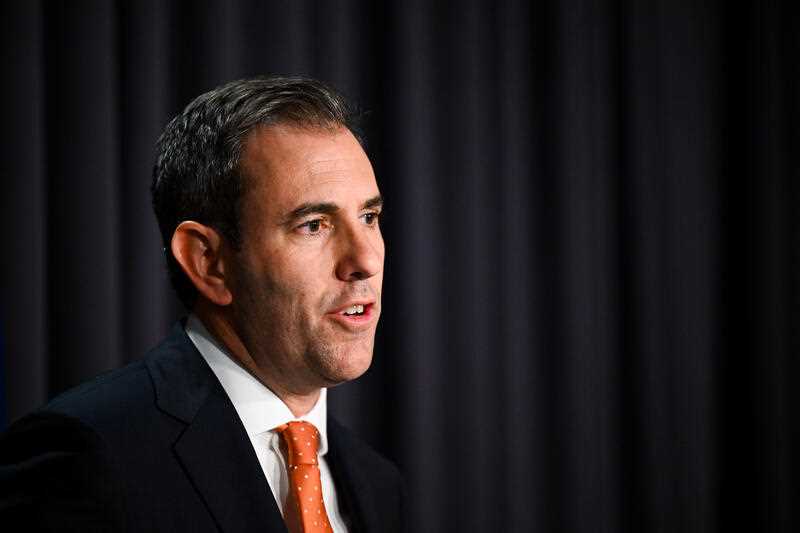An overhaul of the petroleum resource rent tax will make a meaningful contribution to the budget and help get Australia’s finances back on track, Treasurer Jim Chalmers says.
The treasurer on Saturday announced changes to the contentious tax settings for oil and gas producers, including a cap on deductions from July 1 to give Australians a “fairer return” from LNG projects.
The cap will limit the proportion of petroleum resource rent tax-assessable income that can be offset by deductions to 90 per cent.
“It’s been clear for some time that the (petroleum resource rent tax) isn’t up to scratch,” Dr Chalmers said in a statement.
“These changes will make a meaningful contribution to the budget that we hand down on Tuesday night, helping to support our efforts to get the nation’s finances back on track, fund vital services and provide responsible cost-of-living relief.”
The changes are slated to increase tax receipts by $2.4 billion over the forward estimates, the government said.
The peak body for oil and gas producers said the change aimed to strike a balance between the need for a robust gas sector and budget repair.
“The announcement today will provide greater certainty for our industry to consider the future investment required to maintain both domestic and regional gas supply security for our customers,” Australian Petroleum Production and Exploration Association chief executive Samantha McCulloch said.
“The changes aim to get the balance right between the undeniable need for a strong gas sector to support reliable electricity and domestic manufacturing for decades to come and the need for a more sustainable national budget.”
Ms McCulloch said the gas industry was on track to deliver $16.2b to Australian governments this financial year in PRRT, corporate income tax, state royalties and excise.
Deputy Liberal leader Sussan Ley said interventions in the energy market created distortions and she questioned if the tax change would incentivise investment and supply.
“It’s critical that (Labor gets) any intervention right, but I don’t trust them on that,” she told Sky News.
The federal government also announced an extra $4b to help pay the wages bill for government and community organisations.
The changes will see the five-year averaging of the wage component of indexation removed so funding better reflects changes in economic conditions.
The announcements come amid predictions of a possible small, albeit temporary, budget surplus for this financial year followed by smaller deficits over the following years.
The federal coalition agreed Australia might be on track to land its first budget surplus in years but said the government couldn’t rest on its laurels while inflation remained high.
Financial market economists have tipped the budget to be back in the black in 2022/23 to the tune of up to $2b, compared to the previous Treasury forecast in October of a deficit of $36.9b.
The budget is being supported by soaring commodity prices, a tight labour market and faster wage growth – all of which are boosting tax revenues.
By Kaaren Morrissey, Cassandra Morgan and Poppy Johnston in Canberra



